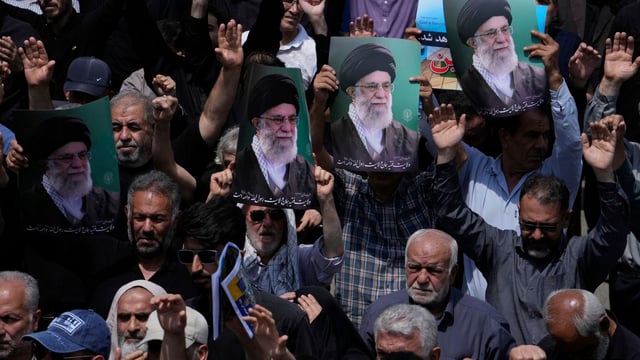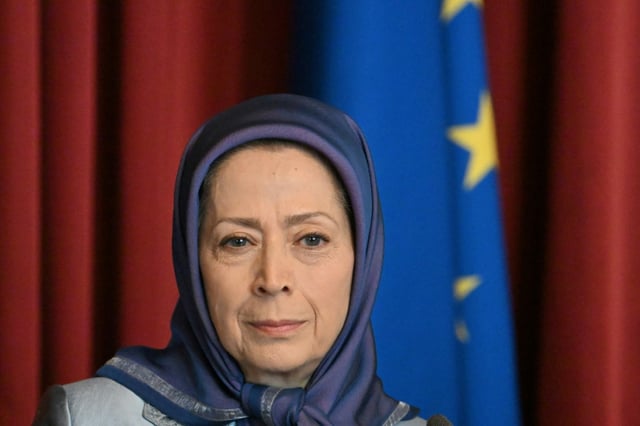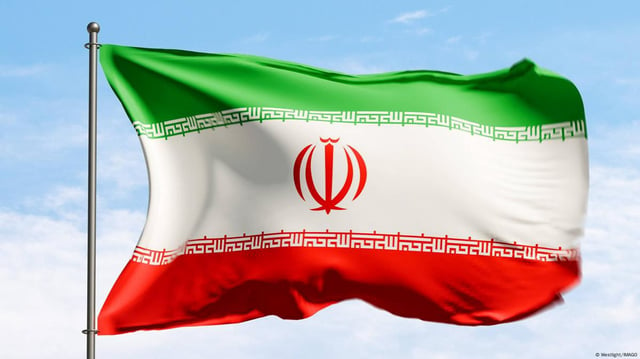Overview
- On July 27, Iran executed Mehdi Hassani and Behrouz Ehsani-Eslamloo after the Supreme Court upheld their death sentences.
- They were convicted of moharebeh, armed rebellion and plotting to undermine national security for manufacturing and using homemade projectiles against homes, public buildings and charity centers in Tehran.
- Judiciary reports say the men built launchers and mortars in a Tehran safe house and carried out intelligence-gathering and propaganda activities in coordination with Paris-based MEK leadership.
- Amnesty International and the MEK’s political wing condemned the trial as grossly unfair, citing allegations of torture, forced confessions and denial of legal counsel.
- Rights groups warn these executions form part of a wider surge in capital punishment under Iran’s judiciary to suppress perceived terrorism and dissent.


